When considering a major investment in the transportation industry, understanding the financial implications of purchasing a semi truck with a trailer is paramount. The multifaceted landscape of commercial trucking encompasses various variables that influence overall costs. In this guide, we provide an extensive breakdown of what to anticipate when budgeting for this crucial asset.
Understanding Semi Truck and Trailer Costs
The Basics: What You’re Paying For
Investing in a semi truck with a trailer typically involves several key components:
| Component | Estimated Cost Range |
|---|---|
| New Semi Truck | $100,000 – $180,000 |
| Used Semi Truck | $25,000 – $100,000 |
| New Trailer | $30,000 – $80,000 |
| Used Trailer | $10,000 – $30,000 |
| Licensing and Registration | $1,000 – $3,000 |
| Insurance | $8,000 – $12,000 annually |
| Maintenance and Repair | Varies widely |
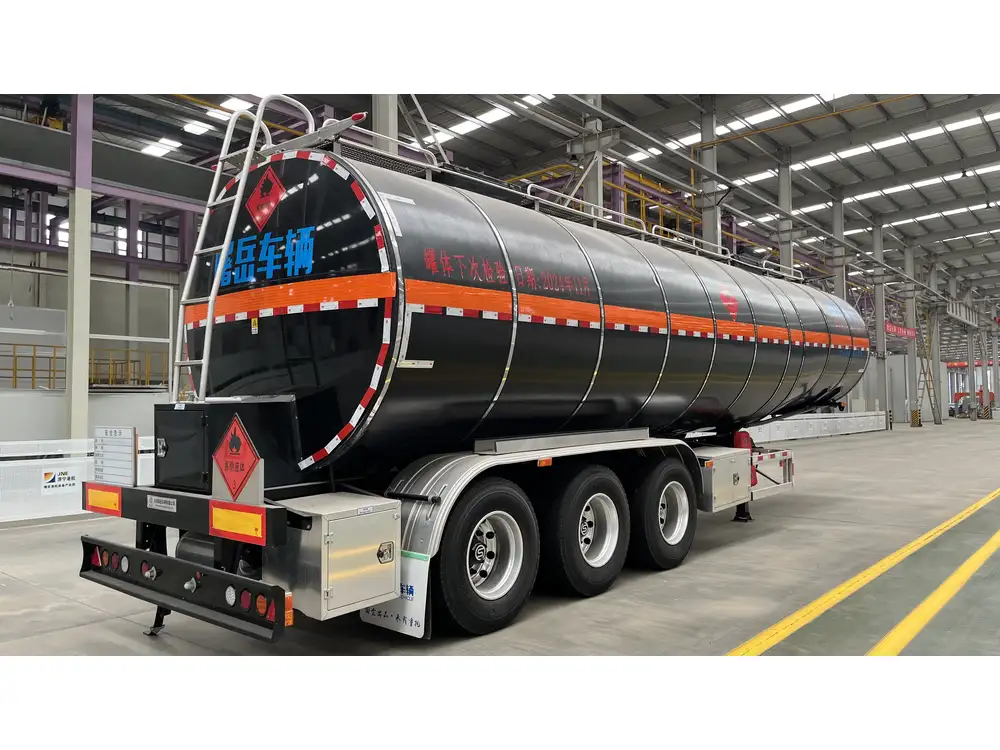
Breakdown of Costs
Semi Truck Costs:
- New Vs. Used: The distinction between new and used trucks significantly affects pricing. New trucks come with the latest technology, better fuel efficiency, and warranties. Used trucks, on the other hand, present potential savings but may come with hidden repair costs.
- Brand and Model: Different manufacturers—like Freightliner, Kenworth, or Volvo—set various price points based on durability, performance, and specifications.
Trailer Costs:
- Types of Trailers: The choice of trailer (e.g., flatbed, refrigerated, enclosed) directly correlates with your business needs and thus impacts price.
- Condition: Similarly, whether you opt for a new or used trailer will contribute heavily to your budget.
Additional Expenses:
- Licensing and Registration: Necessary for compliance with state regulations, these costs can range broadly depending on your location.
- Insurance: A critical component of your operational budget, insurance costs for trucks can vary based on driving history, cargo type, and more.
- Maintenance: Regular maintenance is essential to keeping your vehicle operational. Budgeting for unexpected repairs should also be considered.
Key Factors Affecting Costs
Understanding why the price of semi trucks with trailers varies is essential in making an informed decision:
1. Market Conditions
- Economic fluctuations influence the pricing of trucks and trailers. A booming economy usually drives prices up due to heightened demand, while a recession may lead to lower prices and more options in the used market.
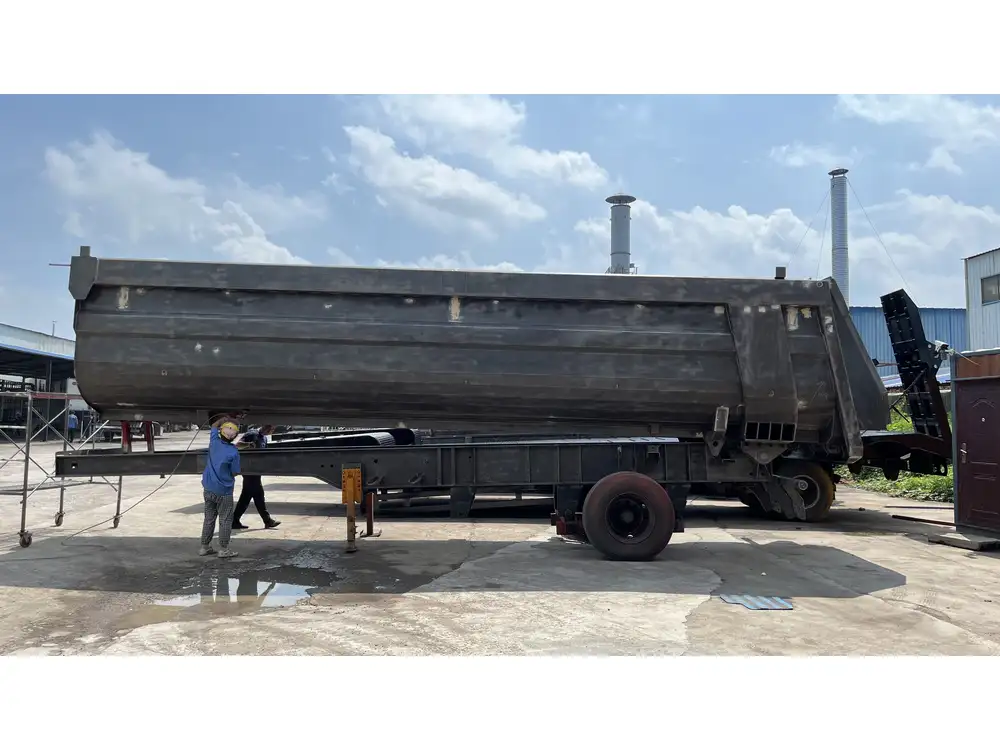
2. Financing and Leasing Options
- Some buyers opt for financing or leasing as a means to lessen upfront costs. These options can entail monthly payments with interest that can significantly influence the total expenditure over time.
| Financing Type | Pros | Cons |
|---|---|---|
| Traditional Loan | Ownership after payment | High initial costs, interest payments |
| Lease | Lower monthly payments | No ownership, mileage limits |
| Rent for a Short-Term | Flexibility, no long-term commitment | Potentially higher overall costs |
3. Specifications and Features
- The costs can also vary widely based on specific features such as engine type, transmission options, and interior specifications. Advanced features, while providing comfort and efficiency, can considerably increase the price.
4. Geographical Factors
- Costs of semi trucks and trailers can differ based on geographical location due to local taxes, demand variations, and supply chain logistics.
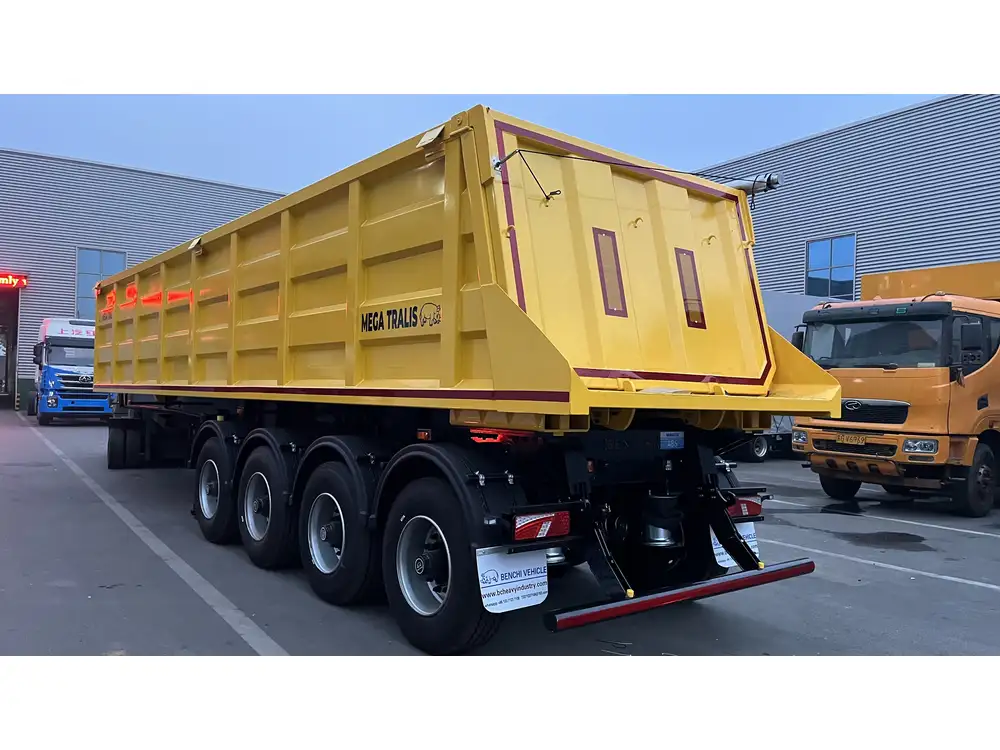
Budgeting and Financial Planning
Creating a comprehensive budget requires careful consideration of all anticipated expenses:
Steps to Formulate a Budget
- Assess Your Needs: Determine the type of truck and trailer combination your business requires based on the cargo you plan to transport.
- Research: Explore price ranges across multiple manufacturers and dealerships. Websites and forums can provide user reviews and price comparisons.
- Calculate Operating Expenses: Include fuel costs, toll fees, and maintenance based on average usage patterns.
- Consider Contingencies: Set aside a fund for unexpected repairs or emergencies.
Sample Budgeting Table
| Expense Category | Estimated Amount |
|---|---|
| Initial Truck Purchase | $150,000 |
| Initial Trailer Purchase | $50,000 |
| Licensing and Registration | $2,000 |
| Annual Insurance | $10,000 |
| Monthly Fuel Costs | $2,000 – $4,000 |
| Maintenance and Repairs | $1,500 – $3,500 annually |
| Contingency Fund | $5,000 |
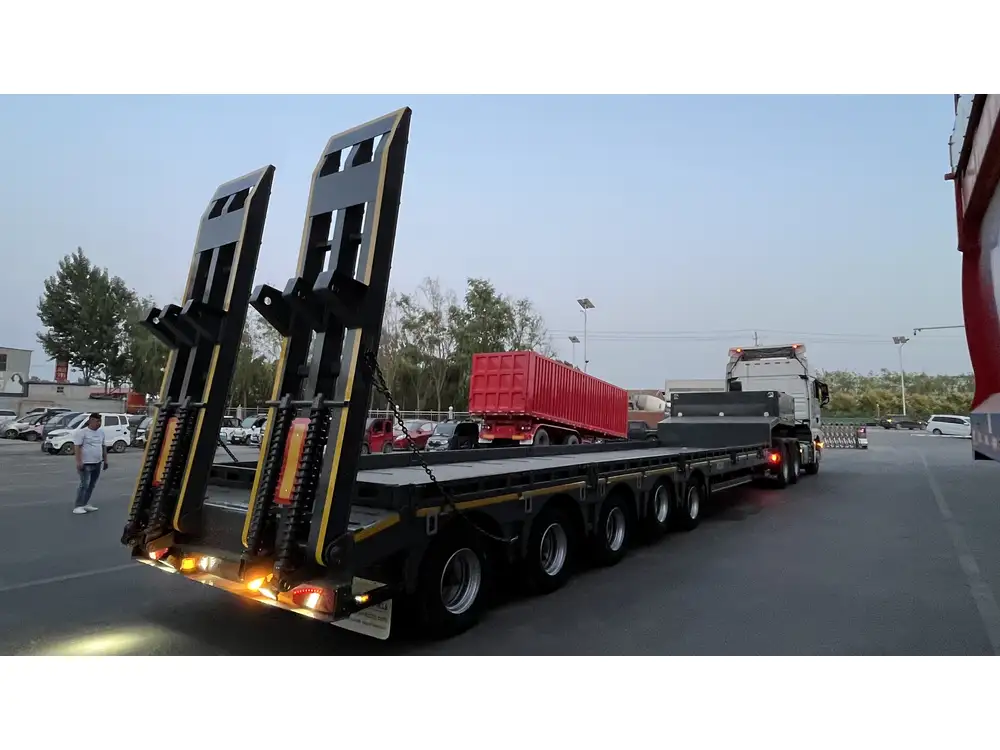
Buying Strategies: New vs. Used
Pros and Cons of New Purchases
Pros:
- Latest technology and features
- Manufacturer warranties
- Better fuel efficiency
Cons:
- Higher purchase price
- Depreciation begins immediately
Pros and Cons of Used Purchases
Pros:
- Significantly lower purchase cost
- Slower depreciation after initial value drop
Cons:
- Potential hidden issues
- Lack of modern features and warranties
Understanding these dynamics enables businesses to make informed decisions based on financial stability and operational needs.
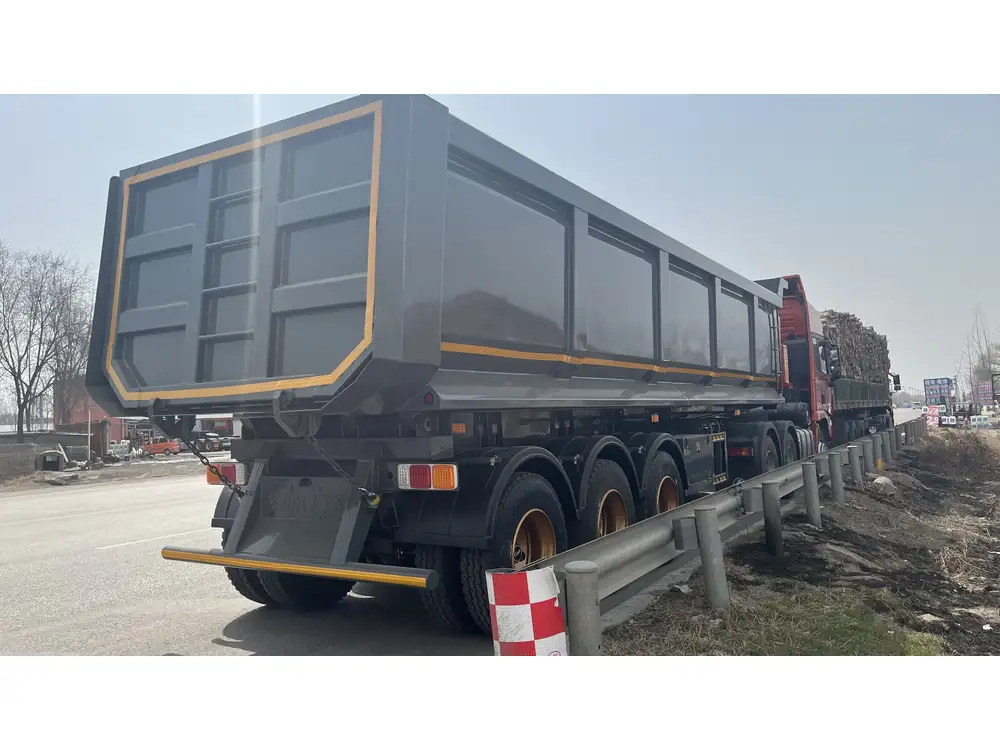
Conclusion: Making the Right Purchase Decision
The question of “how much does a semi truck with trailer cost?” extends beyond mere numbers. It involves an intricate analysis of your specific requirements, market trends, and potential financial strategies. By comprehensively understanding these factors, you are better prepared to make a decision that aligns with your business goals.
Final Recommendations
- Conduct In-Depth Research: Stay informed about market trends and changes.
- Evaluate Financing Options: Explore all your options before making a purchase decision.
- Prioritize Maintenance: Regular servicing can save significant costs in the long run.
- Consult Industry Experts: When in doubt, seek advice from seasoned professionals.
By leveraging this detailed guide, you stand not only to make a wise investment in a semi truck and trailer but also to streamline your operations and ensure long-term business success.



